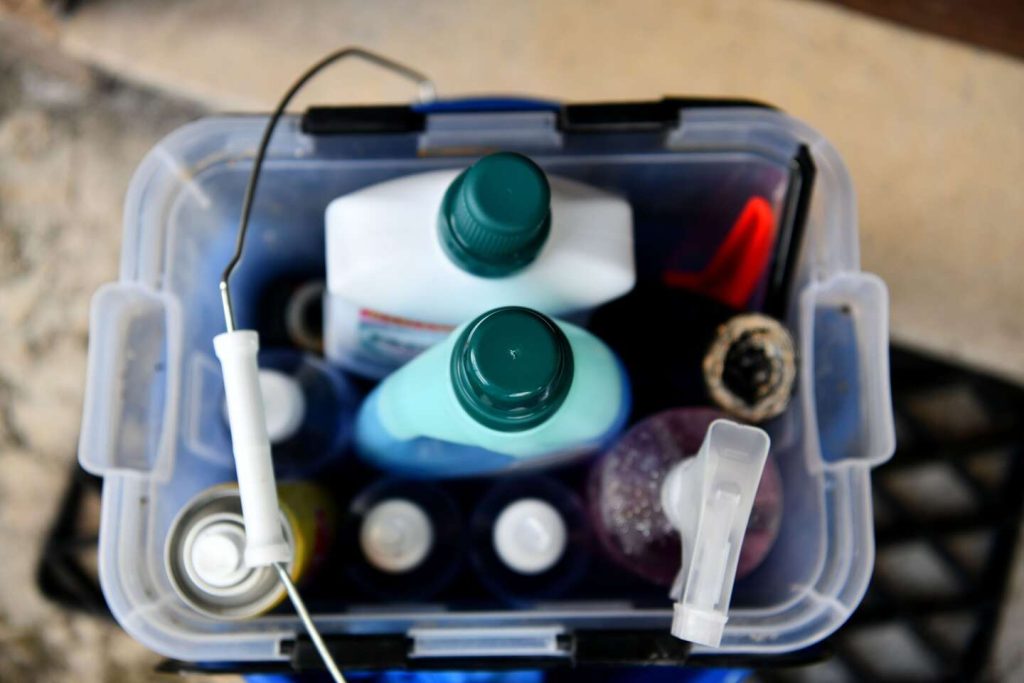Sylvie Kimissa, a 53-year-old chambermaid at the Ibis-Batignolles Hotel in Paris, used to experience muscle pain and discomfort due to the daily use of cleaning products until 2023. These products caused her to feel dizzy, have a burning sensation, and even suffer from nasal irritation. However, when the cleaning company she worked for changed its products to use more vinegar, Sylvie noticed a significant improvement in her health. This change made her wonder if the company decided to switch products everywhere or just at her workplace in response to the demands of the employees who previously went on a 22-month strike for better working conditions.
The exposure of the 600,000 employees in the cleaning industry to cleaning products is a major health issue that is often overlooked. An economist, François-Xavier Devetter, points out that the health problems faced by these workers are not easily visible due to the precarious nature of their work, the lack of visibility of the industry, and the prevalence of subcontracting. When an activity is outsourced, the monitoring of employees is minimal, and medical check-ups are rare. Scientific studies have shown that exposure to cleaning products can have significant health implications, with one study comparing daily exposure to these products to smoking a pack of cigarettes a day in terms of its impact on lung health over two decades.
The chemicals in cleaning products can be very harsh and aggressive, with disinfectants, detergents, and descalers emitting volatile organic compounds that can lead to indoor air pollution. A report from the High Council of Public Health published in 2021 found that 91% of household products tested emitted formaldehyde, a known carcinogen according to the International Agency for Research on Cancer. The National Institute for Research and Safety also highlights the specific risks of exposure to these chemicals. These findings underscore the need for better regulation and awareness regarding the potential health risks associated with the daily use of cleaning products.
Despite the health concerns raised by the use of cleaning products, there is still a lack of awareness surrounding this issue. The cleaning industry is often undervalued and marginalized, leading to a lack of oversight and support for workers who face health risks from exposure to harmful chemicals. It is essential for companies to prioritize the health and well-being of their employees by providing safer alternatives, adequate training, and support for those working in the cleaning sector. Additionally, more research and public education are needed to raise awareness about the potential health hazards of cleaning products and to ensure the safety of those working in this industry.
Moving forward, it is crucial for policymakers, public health officials, and employers to take action to protect the health and safety of workers in the cleaning industry. This includes implementing stricter regulations on the use of harmful chemicals in cleaning products, providing better training and support for workers, and conducting regular health check-ups to monitor any potential health issues. By prioritizing the well-being of cleaning workers and raising awareness about the health risks associated with cleaning products, we can create a safer and healthier working environment for all those in the cleaning industry. It is essential to address these issues to ensure the health and safety of workers in this important sector.















